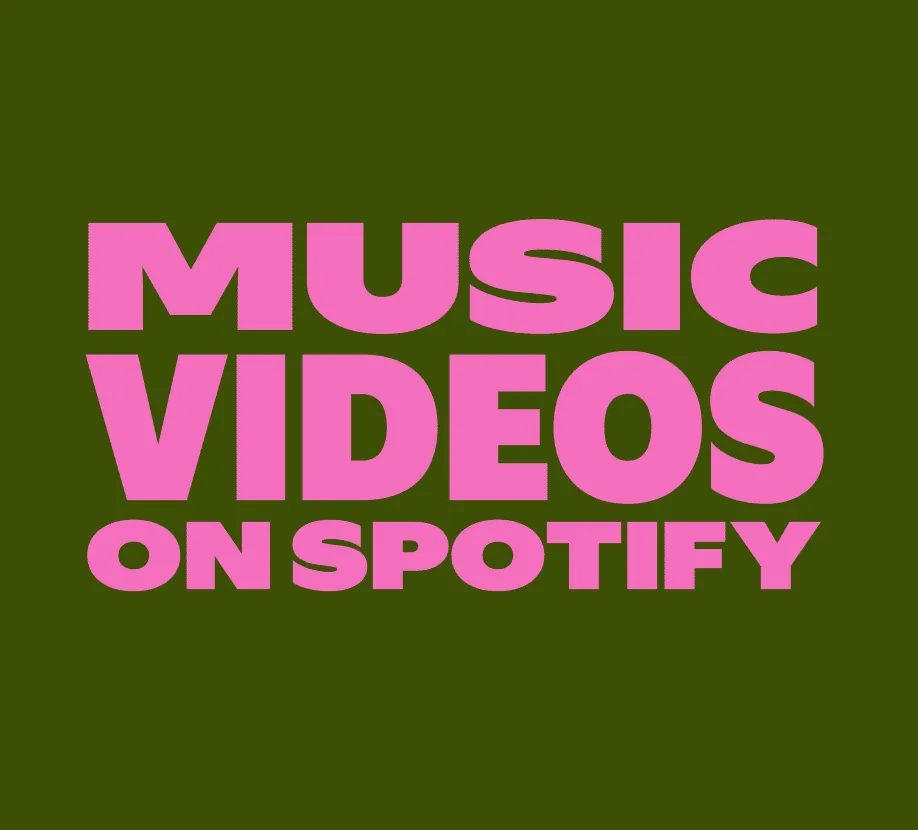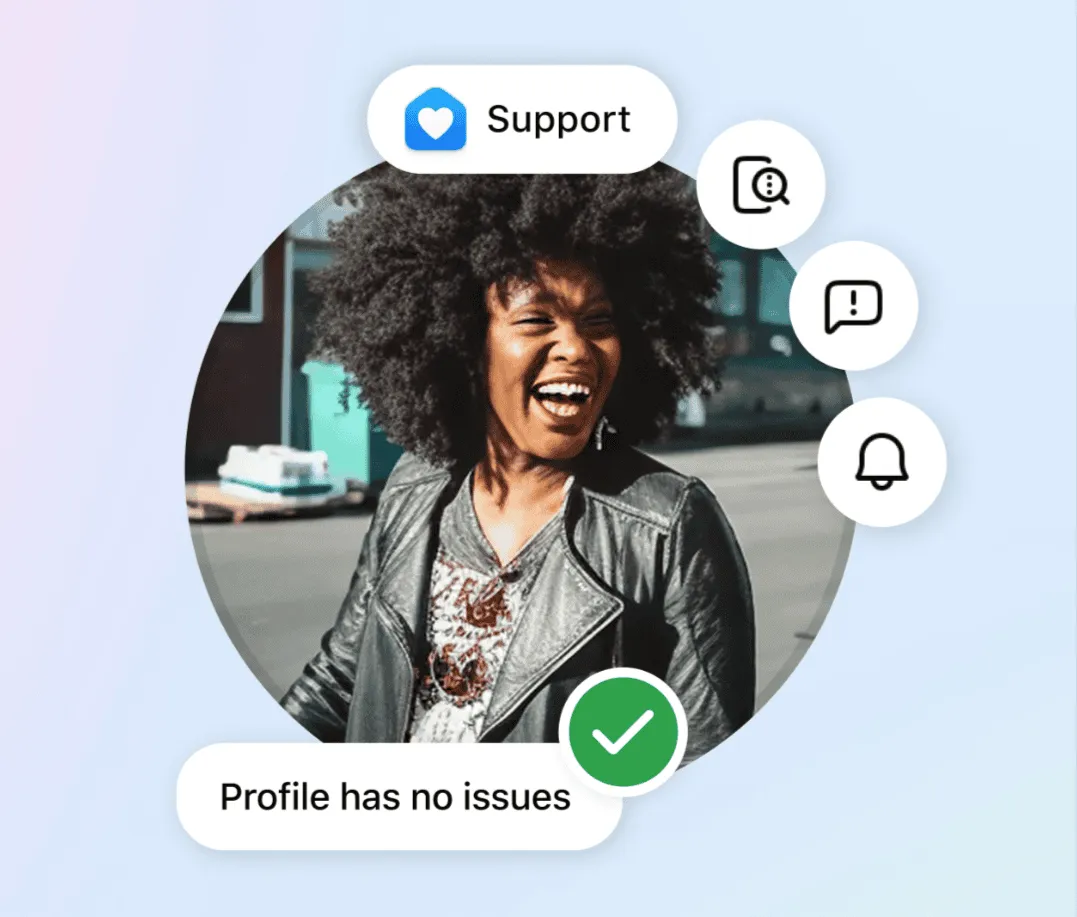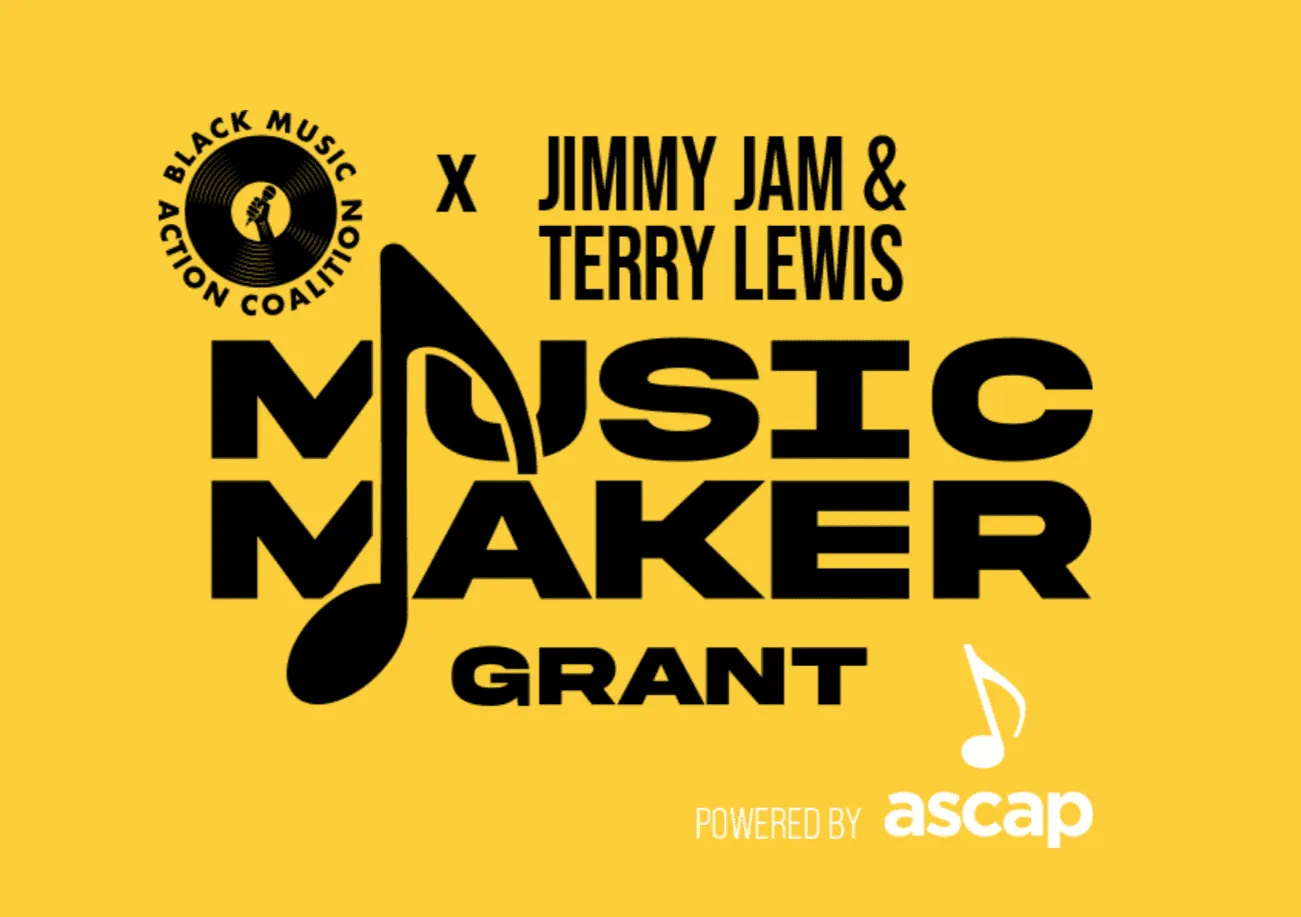When we talk about the young and the digital, we tend to reflect on the significance of them living cradle to the grave with access to digital technologies and their proficiently with them. Technology appears to be intuitive. We focus solely on their use of technology and say little of how they're getting used by it. According to media critic Douglas Rushoff, this is a rather serious mistake. The young and the digital are only capable of using the programs that have been made for them. In effect, they fill in the blank and check the necessary boxes. But they're largely incapable of making the programs, because they don't know how to program.
Computer classes teach them how to use programs like Word. They don't teach them even rudimentary programming. This places the young and the digital, as well as the rest of us, one step behind the capacity of the technologies we've lauded. The race to adopt the latest gadget, whether it's an iPad or a Kindle, isn't one we're winning. As Rushkoff explains in Program or Be Programmed, the invention of the alphabet didn't bring forth a society of readers. Instead, it gave us a society of hearers. Those who sat in the town square and listened to the rabbi read the Torah scroll, but didn't know how to read themselves. Likewise, the printing press and the proliferation of books didn't lead to a society of writers. In their place, we got a society of readers. Now computers and networks have finally granted us the ability to write. But we're all still one step behind the new elite.
The True Opportunity
We don't know how to program. All we're capable of doing is writing within the box that the folks at TypePad give us. The true opportunity of the digital age, programming, isn't one we've embraced. Better to let Google and Microsoft deal with it. For a decade, everyone has been caught up in the freedom to write. This is a big deal; each of us being granted the ability to publish our thoughts online. Newspapers and book authors aren't only ones who have the ability to publish.
We can write too. But we lack the capability to exploit the opportunity that the new medium has to offer. This is what makes right now so important. To access the full power of the media age before us, we need to know how to program. At the very least, we need to understand that technologies are programmed, that they have biases, ones we're largely unaware of. As Rushkoff explains, "A bias is simply a leaning—a tendency to promote one set of behaviors over the other."
The irony of the young and digital is that we've celebrated their gaining access to digital technologies—that they seem to know how to use them so well. They're incapable, however, of seizing the true opportunity. After all, Mark Zuckerberg programmed the reality that they operate in, not them. Even the movie The Social Network failed to educate them, in any meaningful way, that the opportunity Zuckerberg seized has nothing to do with Harvard or being a genius. Anyone of the young and the digital has the chance to program and add their idea to the Internet. The problem is that almost none of them know how. Or think they can.
Biased Systems
Much like the record industry, they've left the programming up to someone else and have failed to grasp that the new medium has different biases than the old. It promotes a different set of behaviors in audiences unlike the ones that radio and MTV did. File-sharing isn't the new radio. File-sharing is file-sharing. Same goes with Pandora and YouTube and all of the other music consumption systems that the web enabled. In effect, the record industry programmed the traditional music consumption system or at least paid handsomely for the privilege. They don't program this system. The programmers do. They don't choose what music gets played. The fans do. The record industry has lost control of our analog realities and is one whole step behind the new elite. Executives might know how to program. But they aren't the programmers. Those who've programmed the digital consumption system now control the world in which fans engage with music.
That means that the biases of digital systems promote one set of behaviors over the other. In this case, the traditional music consumption system encouraged the gradual development of taste and the act of collecting music in the physical form. Limited playlists and shelves, by and large, programmed by the elite of the time, promoted a set of behaviors, ones which, by sheer accident, aligned with the profitability of the record industry. Over those behaviors, the digital music system elevates a new set. These consist of a more rapid development of taste and the collecting of music, in the digital form, across several locations. Today, fans have unlimited playlists and shelves—that they program with the music that they like.
Another Step Behind
In the terms of technology writer Nick Bilton, 'they live in the future and this is how it works.' They're consumption habits have evolved past the limitations of the old system. Rather than living within its constraints, they operate in the world where the barriers to consumption have fallen. Trying to rebuild those walls around music fails to acknowledge the possibility that the programmers—those behind the iPod, BitTorrent, and Pandora, among others—have created new technologies that promote new behaviors. The path forward to a brighter future in the digital age isn't through litigation and draconian legislation. It's towards understanding that, since the record industry no longer programs the musical experiences of fans or technologies that they use—that they must contend with the biases of the new mediums. As well as, the new behaviors they encourage.
Attempting to the put an end to music piracy only serves to drive the practice more underground and into the black. It doesn't, however, undo the social change that occurs over a decade of fans having access to new technologies, being exposed to the biases of the medium, and adopting new sets of behavior.
The fact that file-sharing has made some unwilling to pay for music is only one bias—one behavior that's promoted by the new mediums. There are others. To contend in this media age, the record industry must understand that even if they manage to change one thing. They don't change everything. Fans are no longer programmed. They're the programmers. All it takes is for one of the young and the digital to exploit the opportunity of the new medium—to program a service that reflects the way that they consume music, much like Shawn Fanning did—and the record industry will be yet another step behind the fan behavior.
—
This post was inspired by Douglas Rushkoff's book Program or Be Programmed: Ten Commands for a Digital Age, available only through OR Books. It's great!




